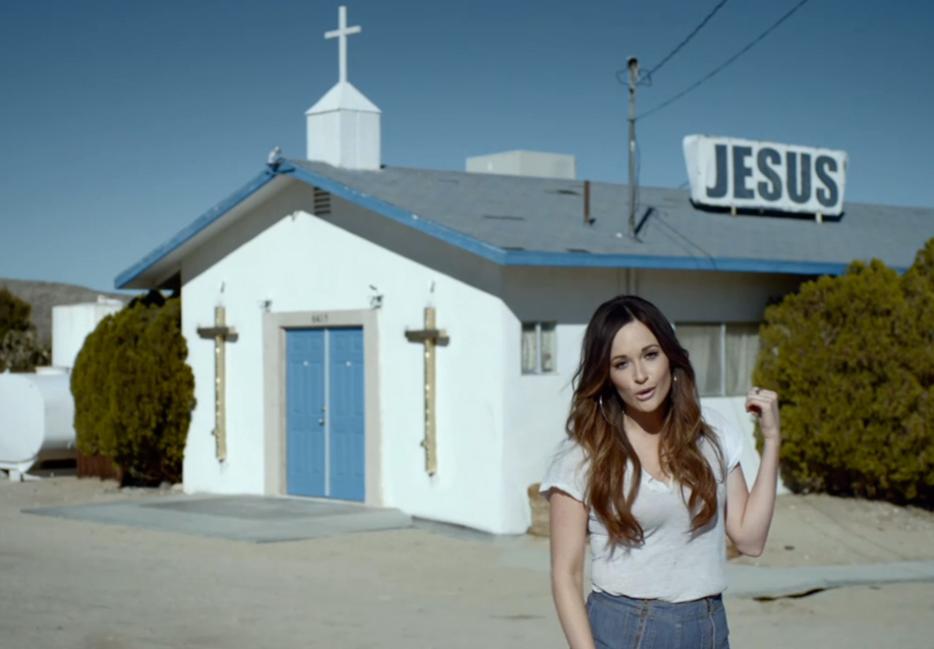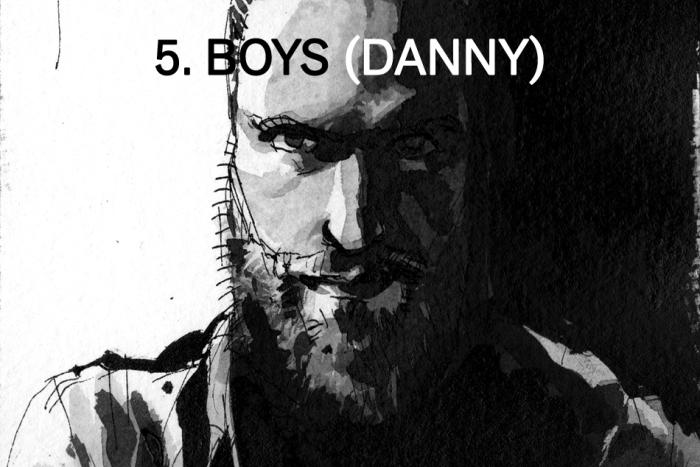You can’t always predict what will grab and hold your attention—a pop song, a politician, a personal tragedy. As the year comes to an end, Hazlitt’s writers look back on the things they were particularly preoccupied with in 2013.
A lot of singles that lodged themselves in the charts, and my affections, over 2013 represent a triumph over craft. Daft Punk made a deathless disco song out of the disco idioms people think they don’t like—pleasantly inane lyrics, a pretty, adequate vocalist—held together by Nile Rodgers, who could never be less than masterful even when he was spending most of his disposable income on cocaine. “Versace” sounds like Migos recorded it through somebody’s phone, but who cares once it hooks you with phonics? (Versace. Versace Versace. Versace? Versace! Versace. V E R S A C E) And I don’t think I would love Tegan and Sara’s “Closer” as much as I do if it wasn’t a dance anthem tempered by their distinctive yelps, lust fed by yearning, offering to get physical with us despite some physical limitations.
Kacey Musgraves went in another direction. Beloved by Northeastern critics but not yet the timid programmers of country-music radio, her latest album Same Trailer, Different Park honours the tuneful history of Nashville songwriting while otherwise obeying convention as much as any other bold, observant 25-year-old. Plenty of Music Row technique went into “Follow Your Arrow” (listen to Musgraves draw out “horrrrr-ible person”), though its greatest trick of all is subverting country music’s benign-hypocrisy tradition for an untraditional form of tolerance: “So make lots of noise / Kiss lots of boys / Or kiss lots of girls, if that’s something you’re into.”
Corny as it comes on, her ode to libertine nonconformity (co-written by a gay man and woman) goes past homily, even morality: be yourself, Musgraves suggests, not for vague empowerment but because it’s the surest way to spite those who wish you to be something else. The corn is what the spices stick to. She knows how inherited practice can become the cinching clichés of orthodoxy. In a year when Macklemore ostentatiously condemned “hip-hop culture” (and YouTube commenters) to demonstrate how very proud he was as a queer ally, Musgraves responded to sexual difference with a mischievous shrug. I don’t know if I can declare the latter more revolutionary, but it’s definitely sexier.






